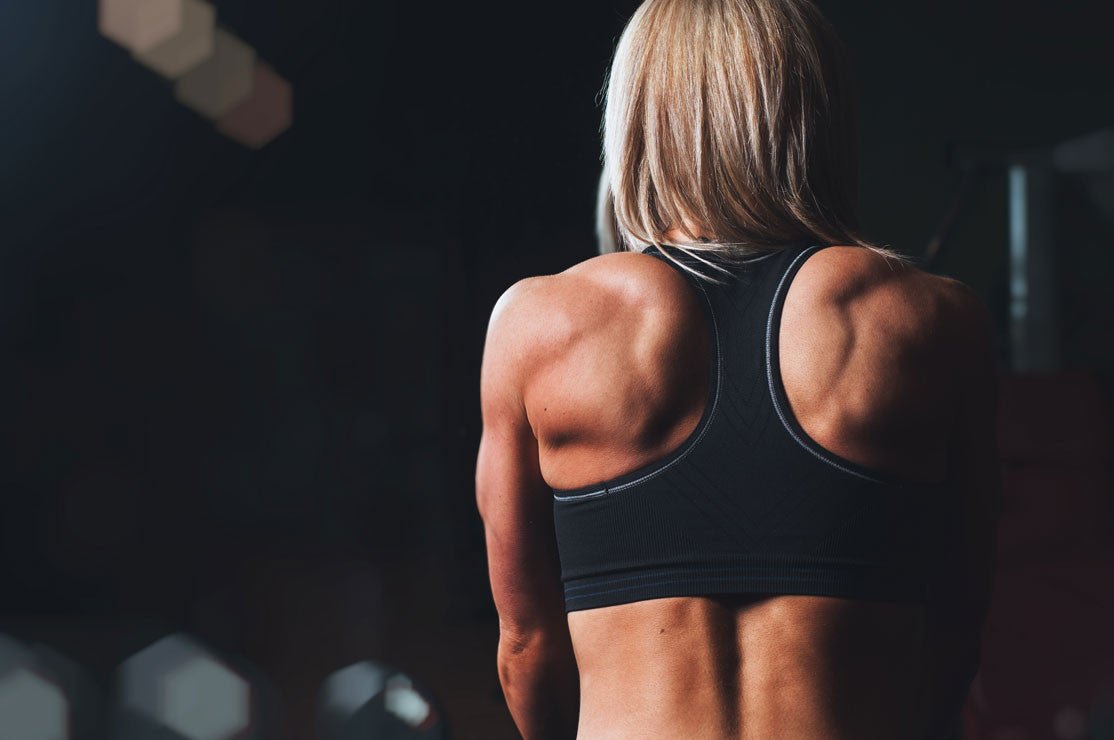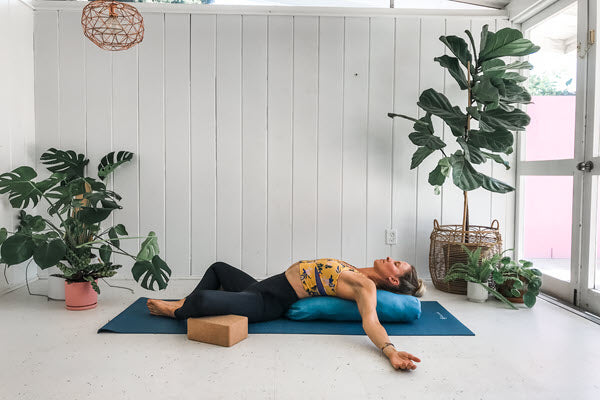3 Ways to Build Bone Density

Author: E.C. LaMeaux
Learn to naturally build bone density, or increase the mineral content of your bones, and you can work to reduce your risk of osteoporosis. The National Osteoporosis Foundation recommends a multi-step process for building bone density, including taking proper vitamins and exercising while avoiding smoking and excessive drinking. It's also important to keep tabs on your bone health by taking a bone density test if you're a female aged 65 or over or a male aged 70 or over.
Get your daily dose of calcium
Low levels of calcium in your body can increase your risk for osteoporosis. The National Osteoporosis Foundation recommends 1,000 mg of calcium daily for adults under 50, and 1,200 mg for those 50 and over. (As a point of reference, skim milk has about 300 mg of calcium per cup.)
Taking a calcium supplement is a good way to make sure you meet your daily requirement, but you can also naturally build bone density by increasing your dietary calcium intake: Try sprinkling powdered milk over cereal, soups and casseroles, and eating more calcium-rich vegetables like broccoli.
Don't forget vitamin D
If you don't get enough vitamin D, your body can't absorb calcium from foods. So, in order to make sure your body actually benefits from your daily dose of calcium, it's important to keep tabs on vitamin D intake.
The National Osteoporosis Foundation recommends 400 to 800 IU of vitamin D daily for adults under 50 and 800 to 1,000 IU for older adults. Natural sources of vitamin D include egg yolks, fortified milk, saltwater fish, cheese, liver and direct sunlight. As a point of reference, 3 oz. of canned tuna fish contains about 200 IU of vitamin D, while one egg contains about 20 IU. As for sunlight, Michael Holick, a researcher at Boston University, recommends roughly five to 10 minutes of direct sun exposure two to three times a week spring through fall.
Naturally build bone density through exercise
According to the Mayo Clinic, regular exercise can guard against low bone density. Weight-bearing exercises such as climbing stairs, walking, jogging, skiing and other sports are good for building up the bone density in your lower body, while strength training with machines or free weights impacts the bones of your upper body and spine. A combination of exercises is essential for full-body bone health and is a good way to naturally build bone density. Speak to your doctor about designing a weight-bearing exercise program for your age and fitness level.
Also in Blog

Body Peace & Personal Empowerment

Yoga for Swimmers: Poses for Strength and Mobility

